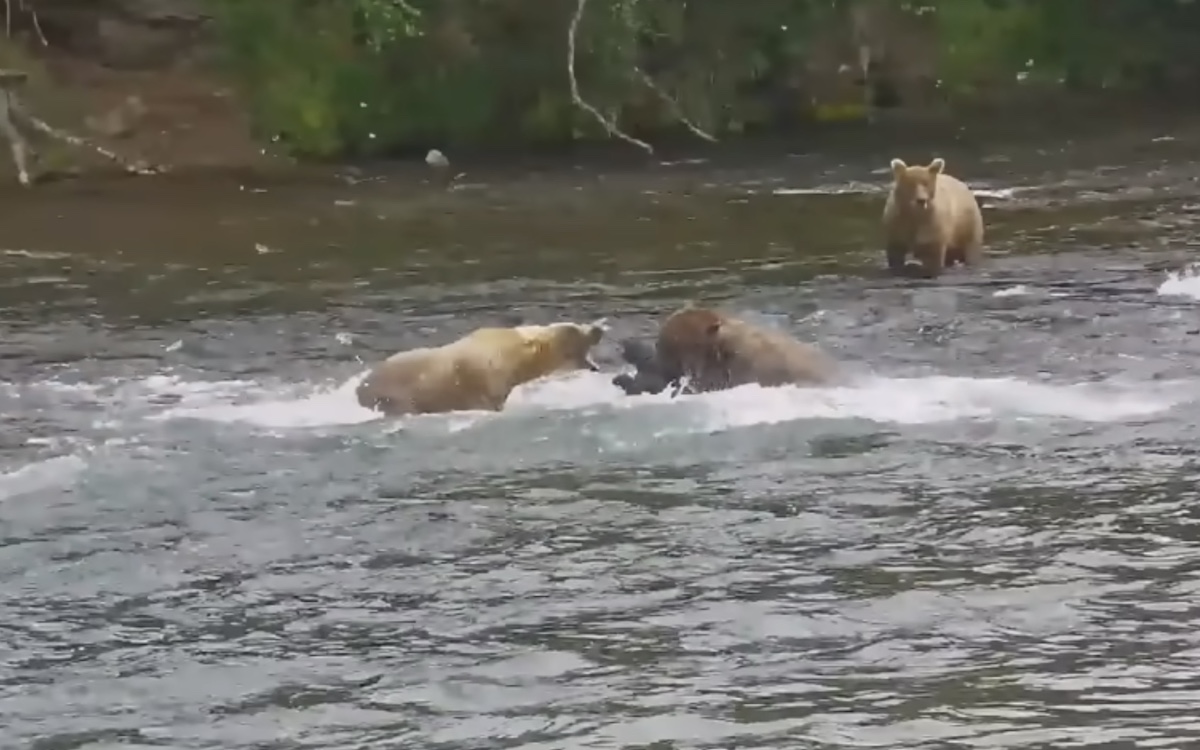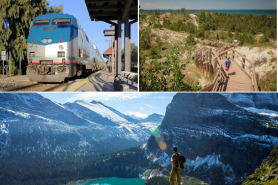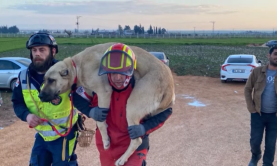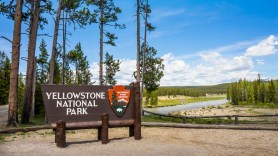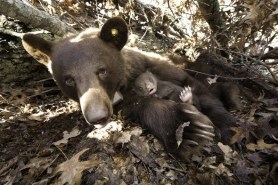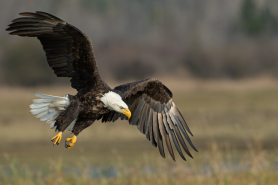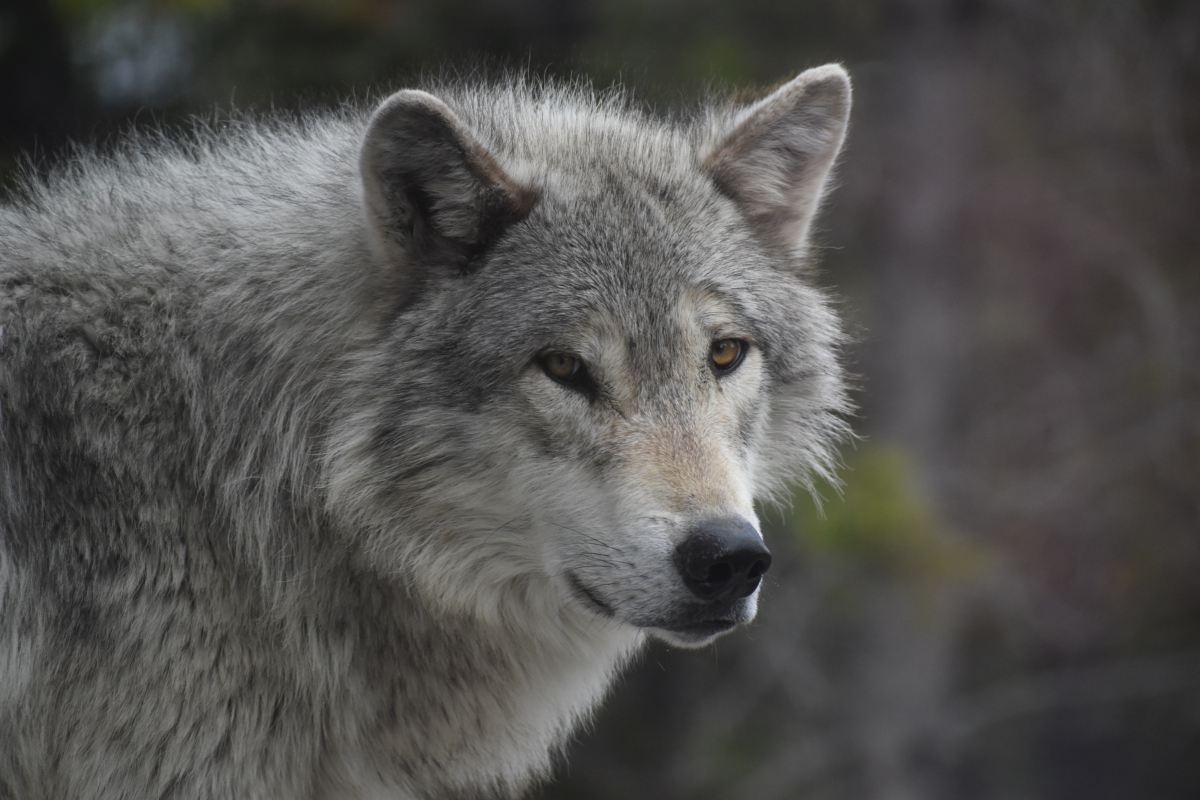

Wolf packs are an essential part of the species of gray wolves. The animal’s population has steadily increased over recent years with efforts to protect the endangered species. One place that has seen conservation efforts pay off is Yellowstone National Park. More than 100 wolves now call the park home.
Videos by Outdoors with Bear Grylls
Taylor Rabe, a wolf technician and wildlife researcher who works in Yellowstone, captures the wolves on hunts and their daily lives. Recently, she managed to snag videos of two separate packs meeting in confrontation.
The post is several videos of a pack of wolves known as the Mollies. Rabe says the group headed north and ended up in the territory of another pack known as Junction Butte.
At first, some of the wolves were happy to see one another, as some of the Mollies wolves were born into Junction Butte. However, wolves are fiercely territorial, and eventually, the scene gets a bit more chaotic in the later clips.
You might also like:
Would you love to work with wolves all day? Hear from Taylor Rabe about her job in this new Q&A.
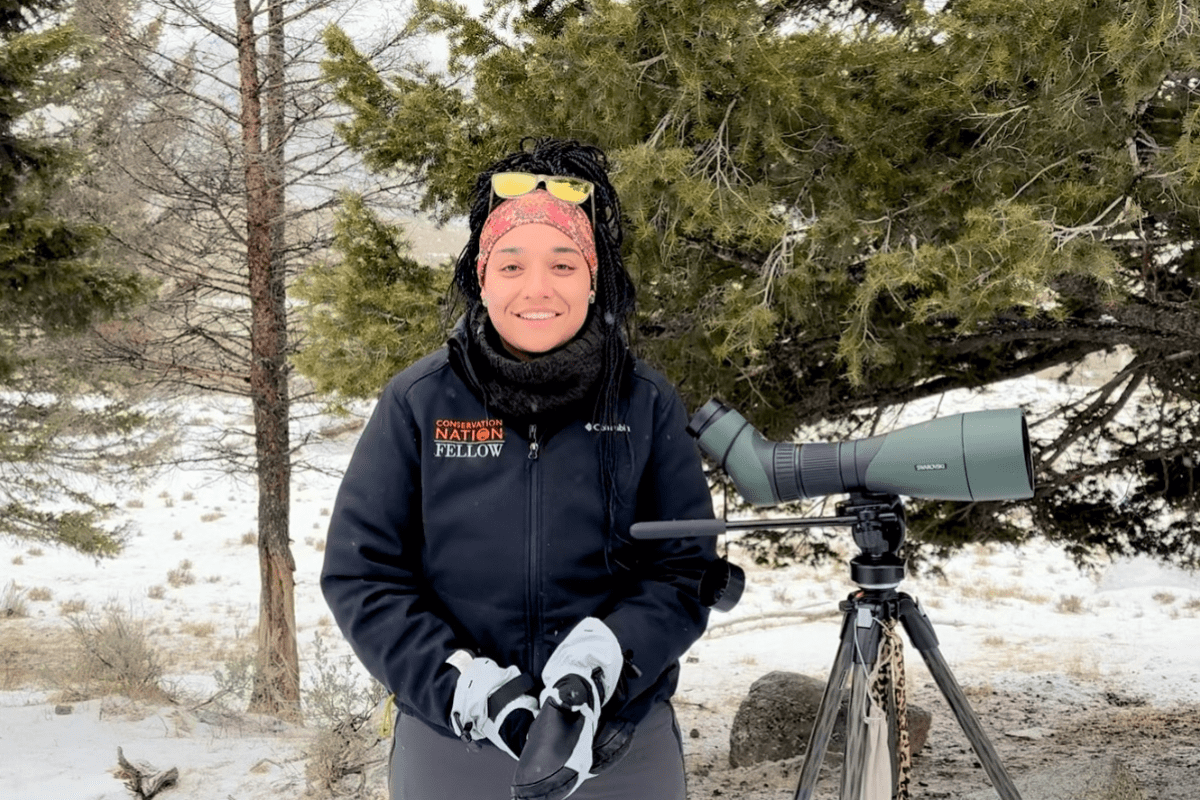
Rabe says in the end, no wolves ended up hurt. After the chaos, each wolf returned to their pack. As someone who studies wolves, Rabe says the upcoming mating season will bring more scenes like this.
“As breeding season approaches, we will continue to see wolves coming and going from packs, looking for potential mates, with lots of amped up hormones and emotions. The best time of year,” wrote Rabe in her post.
Wolves of Yellowstone National Park
According to the National Park Service, the size of a wolf pack can vary depending on the amount of prey. More food means more wolves. In Yellowstone, the wolf packs average just under 12 wolves per pack. Most packs are made up of wolves that are related in some way. The efforts of reintroducing wolves in Yellowstone have led to a lot of new research and findings.
“Research in Yellowstone since reintroduction has highlighted the adaptive value of social living in wolves—from cooperative care of offspring, group hunting of large prey, defense of territory and prey carcasses, and even survival benefits to infirmed individuals,” according to the NPS website.
Using radio collars, researchers can also document the different territories wolves call home.
Here is Yellowstone’s map as of 2021:
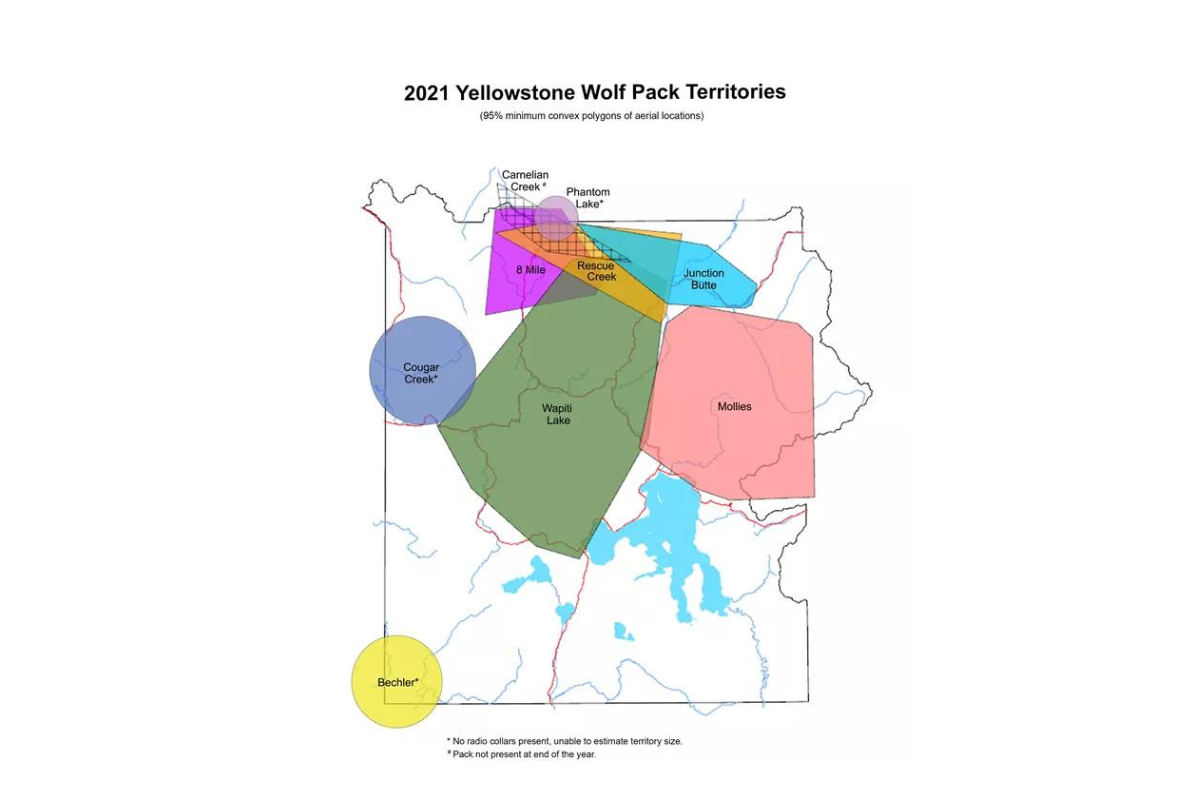
In the top right corner, you can see the Mollies and Junction Butte territory and how easy it is for these two sets of wolves to come together.

